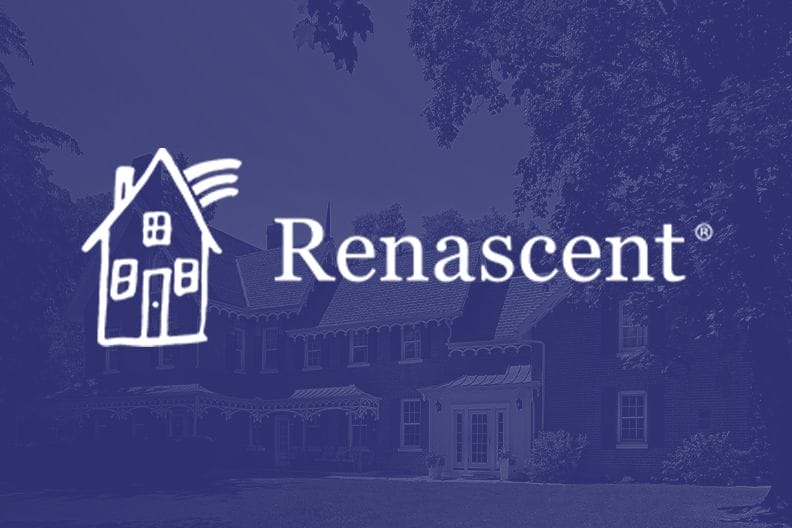by Mary H. (Family Program)
My experience with addiction treatment was not at all what I’d expected. I had gone with my husband to the treatment center to inquire about it, because I’d reached the end of my rope; I’d left him, and wouldn’t return unless he received treatment and stopped drinking. A simple request, I thought. I was tired of constantly walking on eggshells, the constant worrying. He reluctantly agreed, and we walked through the doors of recovery on that fateful day.
But when my husband stepped away with someone to discuss treatment, I was surprised by the approach of a friendly face. Her eyes were full of warmth and assurance. Why was she interested in speaking with me? I wasn’t the one who needed help, he was! I was taken to another room where we discussed my life at home. I poured my heart out, and felt much better afterward. I was told that recovery is important for the entire family, not just the addict. How naïve I was, that I didn’t realize that I needed help as much as he did!
In recovery I learned that I am not alone. Many people are touched by the affects of alcoholism and addiction. Hearing how others deal with their pain successfully (or sometimes unsuccessfully) continually helps me to make educated decisions about my own life.
One of the greatest gifts that I received in recovery is knowledge. Understanding the disease of alcoholism has allowed me to build compassion for my alcoholic. We need compassion to achieve loving detachment, which is one of the most powerful methods of self-care.
Taking care of myself may or may not change my alcoholic’s behaviour, but it has certainly changed my life. It helped me to bring the focus on myself, rather than incessantly stressing over whether or not he’s drinking, and how he’ll behave after having a few too many. It also taught me about personal boundaries, that I don’t need to be living in an environment that could be potentially dangerous. I didn’t leave because I wanted to punish him; I left because I did what was right for me, a concept that had eluded me for many years.
The weekly meetings, or ‘classes,’ as I like to call them, taught me about the symptoms of alcoholism. I’d previously believed that my loved one had a character flaw, and saw his behaviour as lazy and irresponsible. I have now come to understand that these are symptoms of the disease, and not his personality. I most certainly do not excuse his behaviour; I have just come to an understanding that when promises aren’t kept, I can accept and move on, rather than dwell on disappointment. Before, I would get angry, have an argument, and in the end we would both be unhappy. I’ve now learned to accept, move on, and make other plans. Life goes on. I need not rely on someone else to make me happy – I can take responsibility for my own happiness. Acceptance has played a huge part in my recovery.
One of the most freeing benefits of recovery is learning to allow my husband the dignity to make his own mistakes. It is not my responsibility to constantly protect him, to call his work when he is sick, etc. I used to fret over what would happen, and felt compelled to ‘fix’ everything, to make it right. What I didn’t realize was that this did the exact opposite of what I’d intended to do. I’d never allowed him to learn the natural consequences for his mistakes, and therefore I was enabling him to continue to drink.
I’ve come a long way since I began my road to recovery in this past year. I learned to forgive, and to see hope in the future. I love my husband and hate the addiction. Continually learning to cope with the effects of alcoholism has strengthened me and has given me the courage to change my life in a positive way. I am forever grateful to have been given the opportunity for my own recovery.

